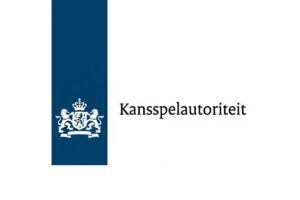German gambling revenue grows, but black market represents 4%, regulator says

The GGL has issued its annual report on the German gambling market.
Germany.- The German gambling regulator Gemeinsamen Glücksspielbehörde der Länder (GGL) has estimated that illegal gambling accounted for up to 4 per cent of German gross gambling revenue in 2023. Its annual report released on Monday states that the regulated market generated €13.7bn in GGR, a rise of 2 per cent year-on-year.
Online gambling accounted for 8 per cent (€400m) and sports betting 13 per cent (€1.8bn). Meanwhile, the regulator estimates that the black market generated GGR of between €400m and €600m.
Enforcement measures against unlicensed gambling
The regulator noted that in 2023, it checked 1,864 websites and issued 133 blocking orders, 87 of those related to illegal gambling services and 46 related to the advertising of unlicensed operators. The GGL handled 438 cases of suspected illegal gambling or illegal gambling advertising in total. That’s a rise from 157 in the regulator’s previous report, but the GGL only became fully functional in January of last year.
It says some 63 black market operators ceased offering services after being subject to hearings or prohibition orders. It said those that did not were mostly based outside of the European Union. Meanwhile, the GGL said it issued two fines of €50,000 related to the enforcement of prohibition orders against illegal gambling and advertising and was involved in 117 lawsuits.
The German sports betting trade association Deutscher Sportwettenverband (DSWV) has long raised concerns about the size of the black market in Germany and has called for a review.
Licensing delays
The report also notes that the GGL’s licensing process had suffered delays due to issues testing games before they were launched on the market. It said this was caused by suppliers failing to provide information in time or not providing information at all. It said it had hired resources to provide temporary support with game testing, leading to a “substantial improvement in the first two quarters of 2024”.
On Monday (July 1), Reiner Moser took over as chair of the GGL. A Minister of the Bundesland of Baden-Württemberg, he replaces Udo Götze whose tenure ended on June 30.
Based in Halle, in the south of Saxony-Anhalt, the GGL was created under Germany’s new federal gambling legislation, which was approved in July 2021. It became fully functional in January 2023. Moser took up the role after the GGL announced a comprehensive market evaluation for completion in 2026. The regulator is analysing the role of the regulated market in society, with a particular focus on the impact of advertising.











